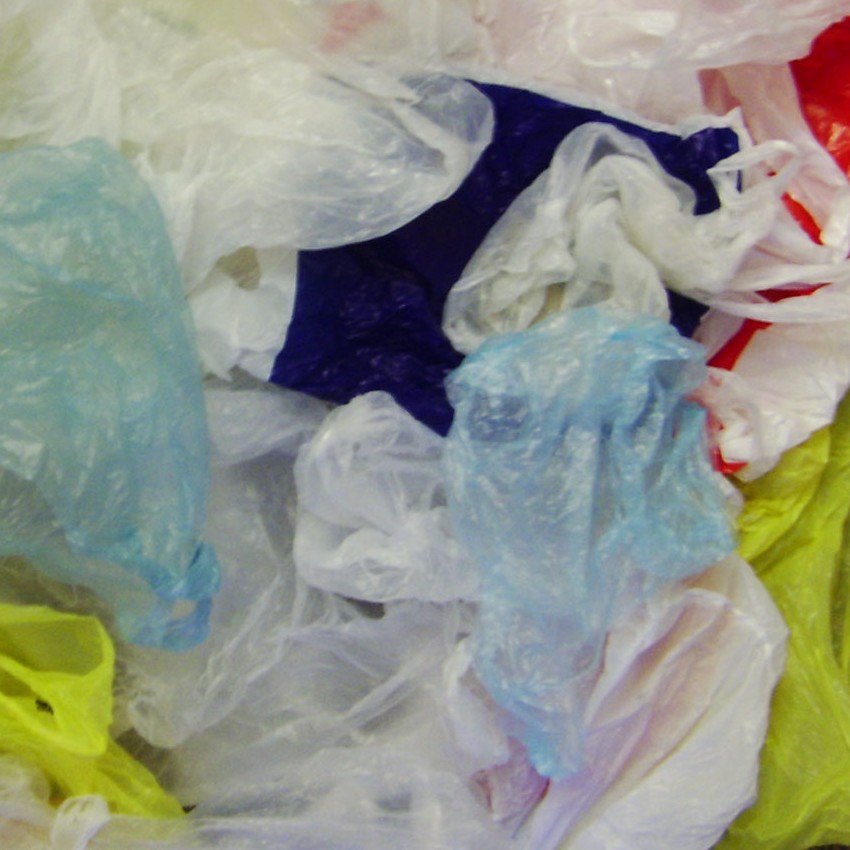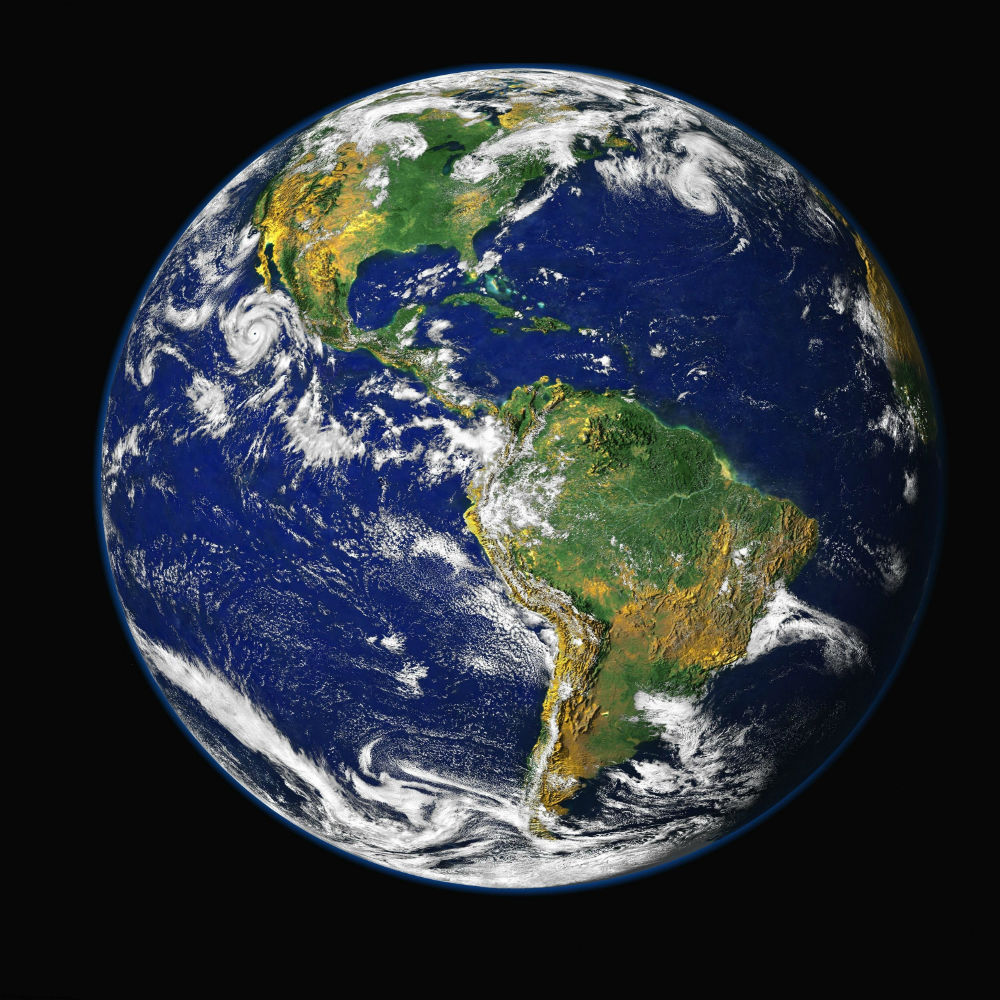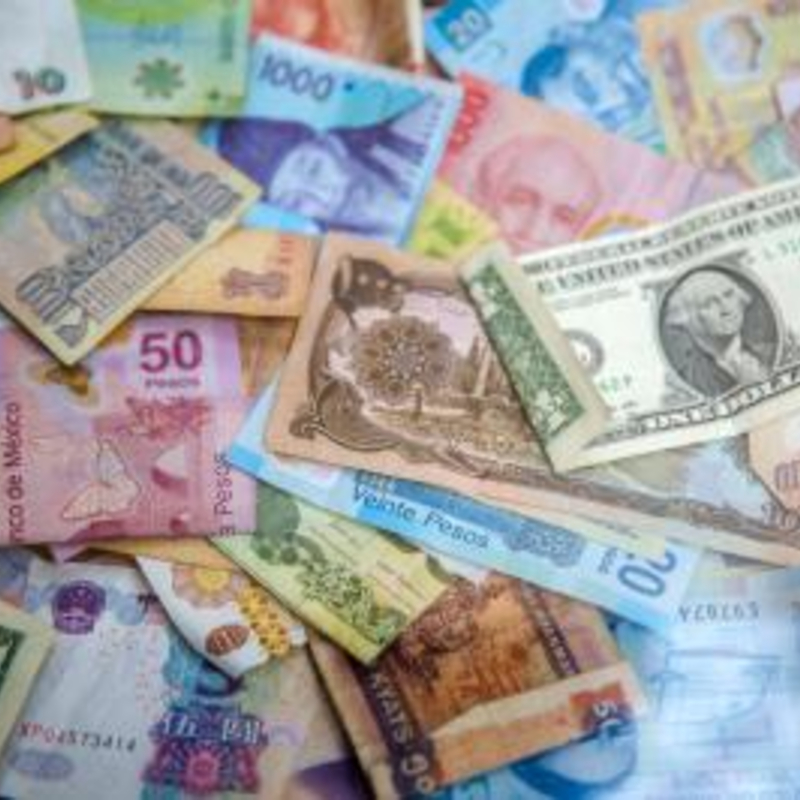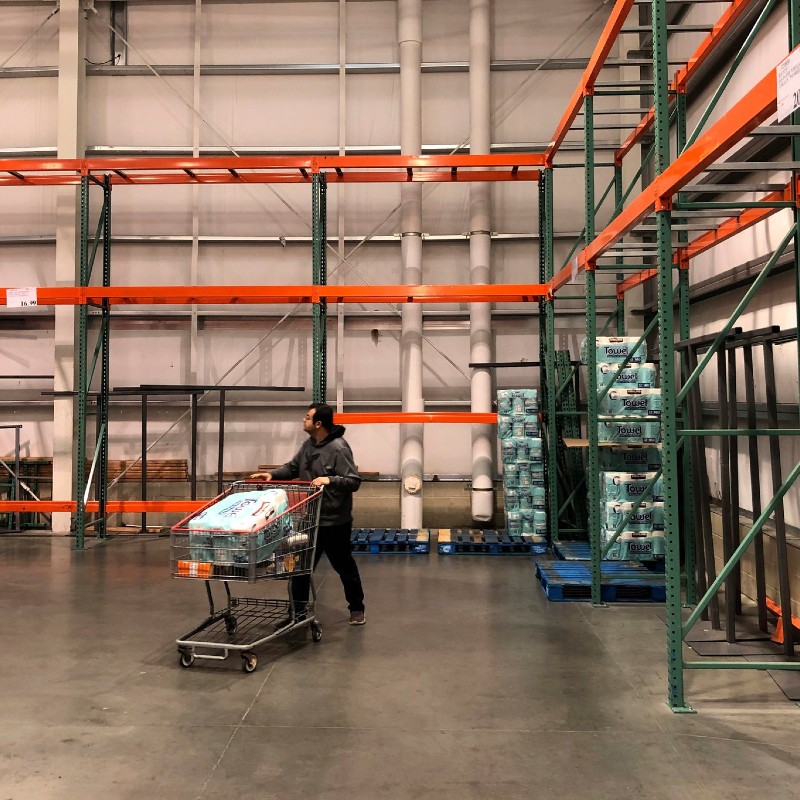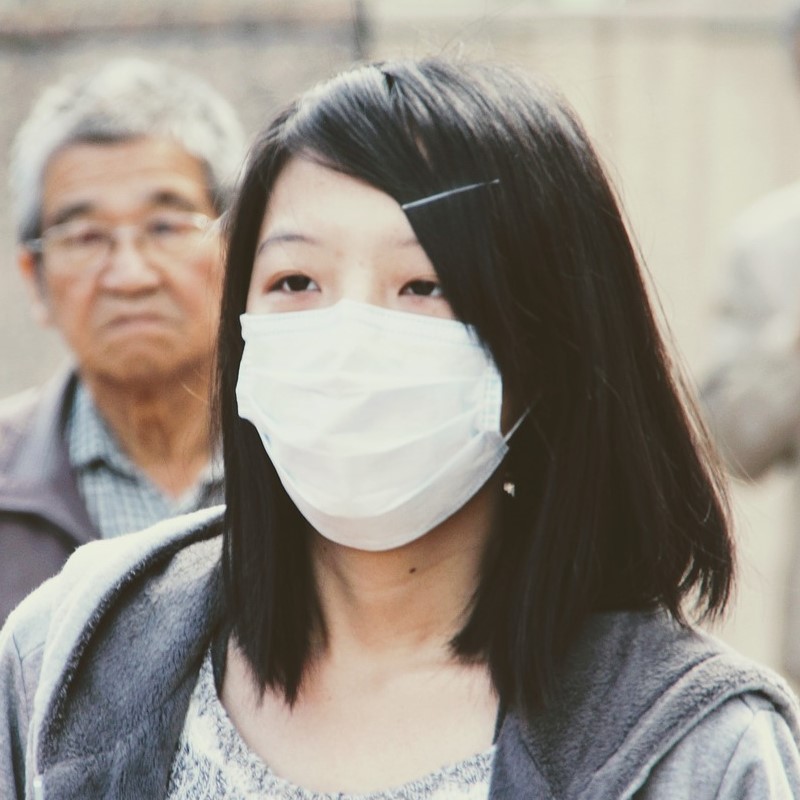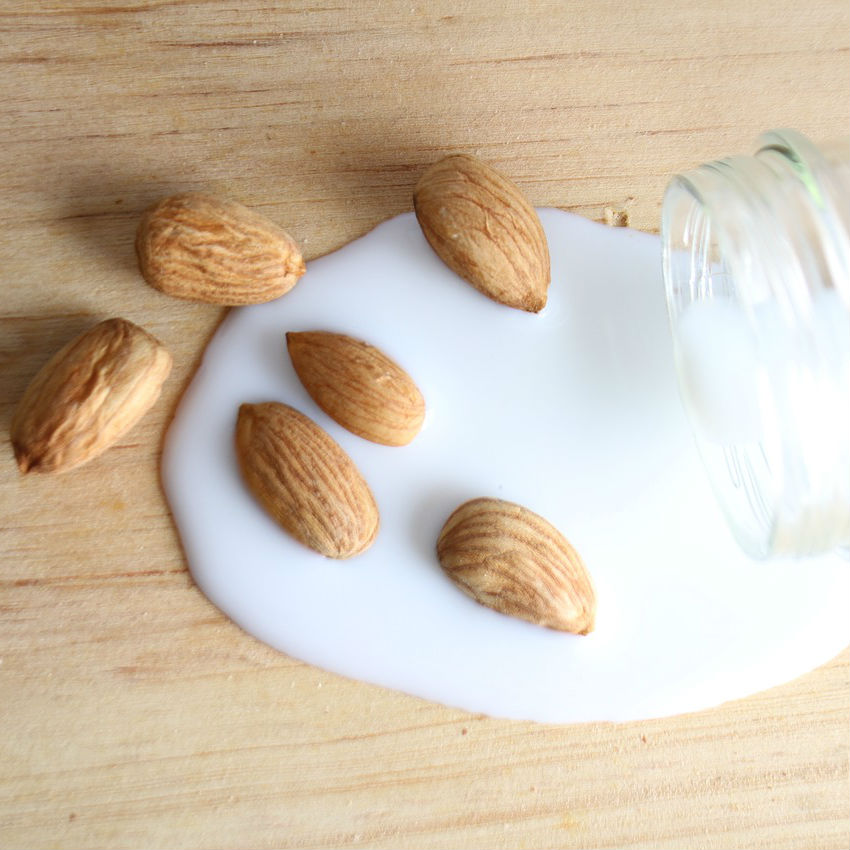Plastic has now become an inseparable aspect of our lives. Convenient and user-friendly, it has enhanced our lives in many ways. However as our reliance grows, we need to be cautious of the side effects. Since its mass-production in the 1950s, 4.9 billion tons have been sent to landfill, and only 600 million tons have been recycled. There is only so much space on Earth. Scientists and environmentalists from all over the world are trying to find solutions to solve the issue of single-use, unrecyclable waste.
globalEDGE Blog Archive March 2020
Publish Date:
As the coronavirus continues to dominate society in the media, in professional careers, and in everyday life, interesting effects have been seen in the changing regulations across industries. Because this virus is so unprecedented in its global reach, sweeping changes have been made across the world in attempts to best cope with the pandemic and to accommodate citizens. Specifically, significant alterations in the regulation and allowances can be seen at banks, in the environment, in the medical sector, and in day-to-day operations like work and school.
Publish Date:
In the wake of the pandemic and desperate times, governments throughout the world have turned to automakers with the hope of increasing the global ventilator supply. As auto factories continue to stop making cars, the general public clamors for the transition to ventilators with hospitals, more specifically ICU wards across the globe, feeling the mounting pressure of increasing patients ill with coronavirus.
Publish Date:
The recent spread of the COVID-19 has caused the sports world to practically shut down. College spring sports are canceled, the March Madness Tournament has been canceled, baseball spring training has been canceled, the NBA has suspended all games for the next month. Yet, these sporting events, games, and tournaments bring in billions of dollars in revenue. So, how will this affect businesses and economies around the world?
Publish Date:
Have you ever thought of ditching the 9 to 5 and taking the risk of starting out on your own? While the United States is an entrepreneurial hub, too often emerging markets, such as South America, are overlooked. Groundbreaking innovations are not a requirement to make lasting change in this continent. Many countries within Latin America are playing catch up with the United States. A savvy entrepreneur could implement already-established innovations into the continent. By employing this strategy, entrepreneurs would avoid competing in a crowded market and increase their likelihood of success by using proven business models. We will be looking at the following areas entrepreneurs could improve upon in Latin America: infrastructure, education, and healthcare.
Publish Date:
This past November, I published a blog post regarding the looming threat of rising global debt, which reached $255 trillion by year’s end. The blog discussed the issue of corporate debt default rates being susceptible to sky-rocketing in the event of a recession, which was supported by a report from the International Monetary Fund (IMF). As we stand today, two months into the coronavirus outbreak, this belief is becoming actualized. With factories being halted, stores shut down, and consumer spending down significantly, many countries are expected to face major economical ramifications. In the U.S., Goldman Sachs analysts already project that second-quarter 2020 GDP will decrease by about 25%, which if true, would mean the largest drop ever recorded in U.S. history by a 15% margin.
Publish Date:
Among the panic of the COVID-19 a very peculiar phenomenon is happening around the world: Panic Buying. Spain has called for calm, Europe is urging its people to buy rationally, and the United States is working through getting more supplies on its shelves. Panic buying is creating shortages of items around the world and is affecting the supply chains of many different products. But what exactly is panic buying and how is it affecting the markets and companies working within a specific industry?
Publish Date:
By now, everyone has heard of the newly discovered virus called coronavirus (COVID-19). Despite its short existence, its impact has already spread to countries all over the world. There have been over 169,000 confirmed cases worldwide, including over 6,000 deaths. Being a virus that spreads from human to human, the general advice given by the World Health Organization is social distancing. As a result, many major conferences and events are postponed or canceled. People are strongly encouraged, sometimes even mandated, to avoid crowds and public events. Due to these precautionary steps, many industries are taking a hit, including the film industry.
Publish Date:
As the cold winter begins to thaw into spring, massive arrays of green hues appear. Everything from the Chicago River to outlandish hats turns bright green on St. Patrick’s Day. In the United States, the holiday is a massively popular celebration of everything Irish. Given the substantial Irish population in America, which is many times larger than Ireland itself, it makes sense that St. Patrick’s Day is such a treasured holiday. The celebration is derived from the Catholic saint who lived around the fifth century, St. Patrick, who was enslaved and taken to Ireland. Upon getting out of slavery, he became a priest. Using this position, he returned to Ireland to successfully convert many to Christianity.
Publish Date:
On March 11th, 2020, the World Health Organization officially characterized COVID-19 as a pandemic. As of March 16th, there are over 169,000 confirmed cases of the novel coronavirus in the world, not including cases that have not been reported due to a lack of testing. Public health professionals across the globe have asked people to practice “social distancing.” People are being asked to work from home, to stay 6 feet apart from people, and to avoid gathering in large crowds. Although practicing effective social distancing techniques is essential to preventing the spread of the novel coronavirus, the economic implications of this practice could be detrimental to the global economy, at least in the short term.
Publish Date:
Oil, often considered to be a prime example of an inelastic good—always in demand regardless of price—may not hold true now due to the coronavirus epidemic. With recent news of major air carriers and other transportation companies reducing domestic and international service, it has created a ripple effect in the travel industry as a whole (cruise ships, hotels, resorts). With many would-be travelers canceling their plans, it is fair to say that the foreseeable future for the travel industry is bleak. Not to mention, shutdowns in China have played a significant impact on oil when considering they are the world’s greatest importer of oil. For these reasons, the short-term demand for oil has decreased dramatically, resulting in an eye-opening response from major oil producers across the globe.
Publish Date:
Back in October, we ran through the financials of hosting the Olympics. Five months and millions of dollars later, hosting the Olympics may remain a dream for Tokyo thanks to the coronavirus. Since the first coronavirus update on the globalEDGE website, officials have discovered thousands of new cases of the virus, along with a new strain, bringing the total number of cases to more than 113,000. About 71% of cases have been found in mainland China, specifically in the Hubei Province, but new and major outbreaks have been found in Italy, South Korea, and Iran. While officials say the overall threat to the United States is moderate, they are worried about the potential that this virus possesses. They say the virus could mutate and become weaker or stronger; it is unpredictable.
Publish Date:
The dairy industry is changing throughout the globe as dairy alternatives become more and more popular. Examples of these products include almond milk, oat milk, soymilk, coconut milk, nut-based cheeses, and coconut yogurt. Virtually every dairy product now has a viable nondairy alternative. However, different regions show different preferences in dairy, or nondairy, consumption. Let’s look at how the dairy industry is changing around the world.
Publish Date:
In this blog, Melissa Kreger writes about the updated impacts of the coronavirus.
The coronavirus first outbroke in January and now has become a global health epidemic. The largest question that has been lingering for economists and large investors is, “How long will the Chinese economy be halted and how bad will it affect all economies”? The Chinese economy is the world’s second-largest economy, first behind that of the United States. China being at a halt will affect global supply chains and we are starting to see those repercussions now.



